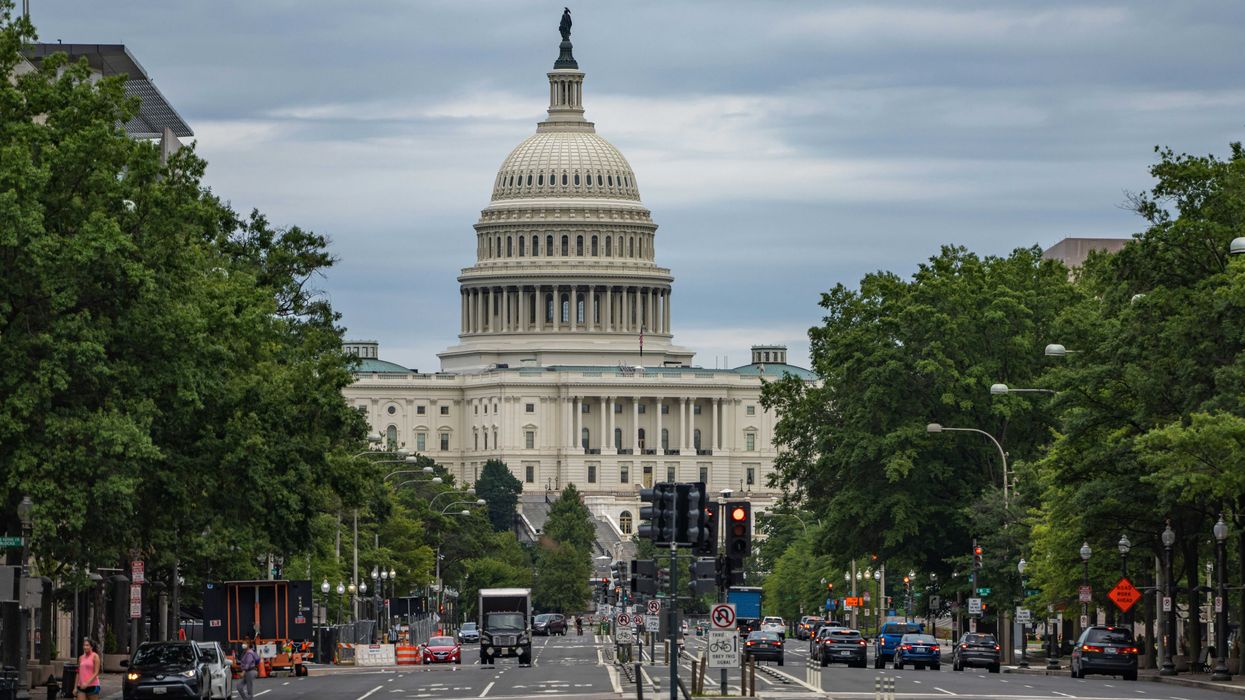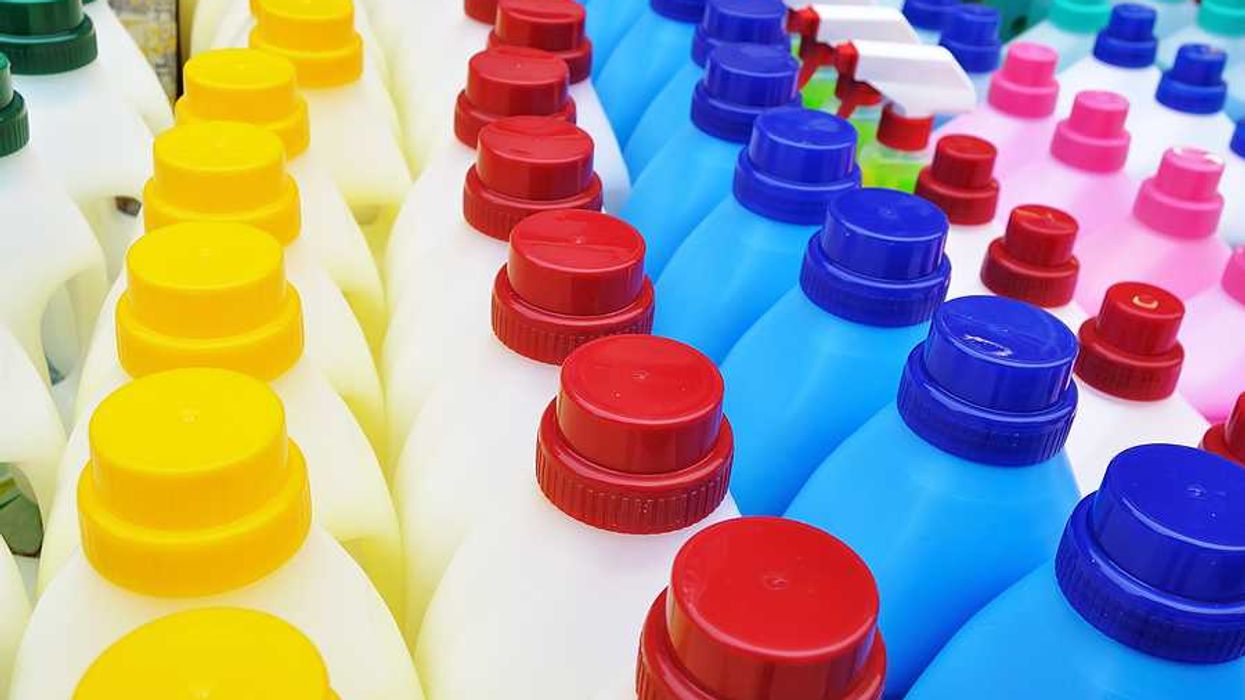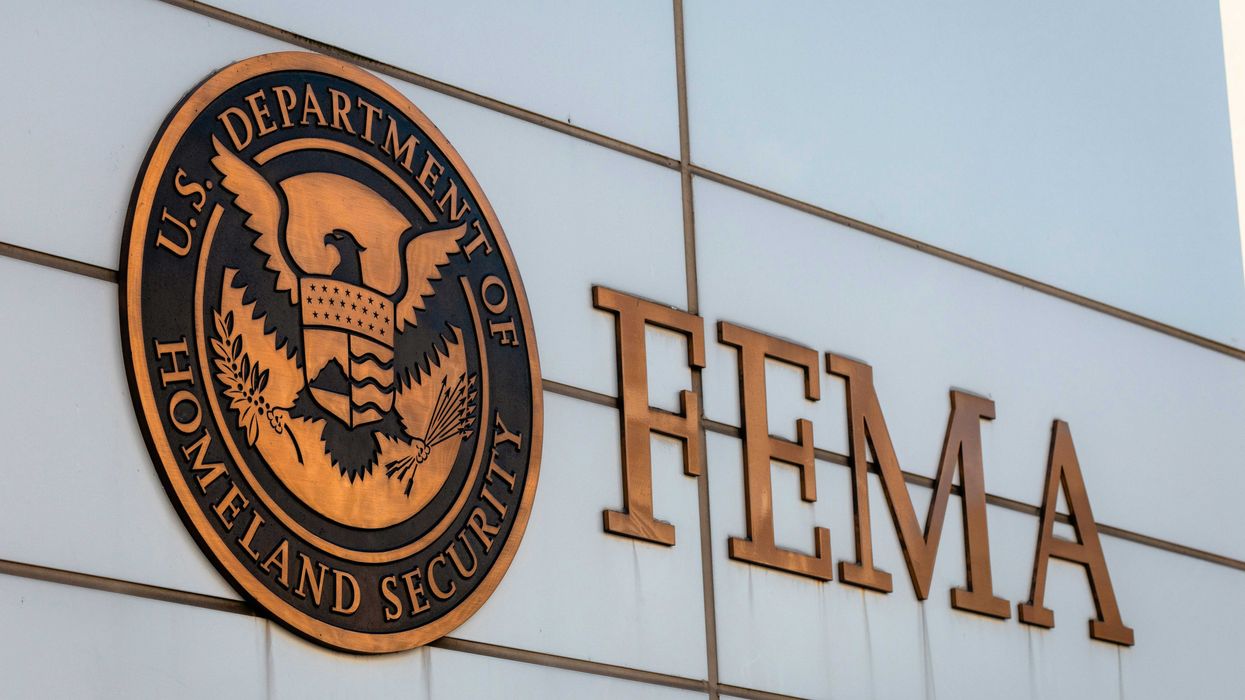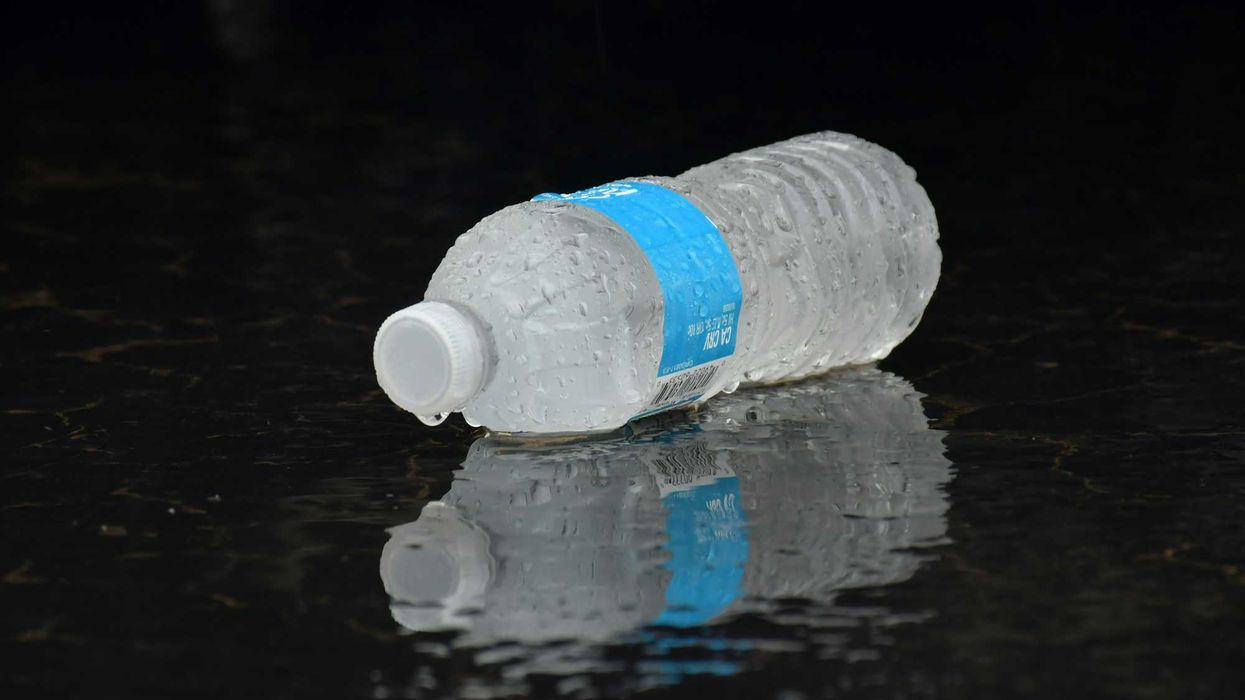Republicans in the House are advancing a measure that would block funding for federal limits on PFAS in sewage sludge used as fertilizer, halting rules proposed in the last days of the Biden administration.
Tom Perkins reports for Inside Climate News.
In short:
- The Biden-era draft risk assessment would have set a 1-part-per-billion threshold for two common PFAS chemicals in sludge, which could have barred most sludge applications on farmland.
- A rider added to a House appropriations bill aims to stop the U.S. Environmental Protection Agency from finalizing or enforcing those limits, potentially pre-empting the Clean Water Act.
- Public health advocates and some lawmakers argue the move endangers farmers and rural communities already harmed by PFAS contamination of soil and water.
Key quote:
“This is the anti-science administration, and not only do they not give a whit about science, they don’t give a whit about human health.”
— Kyla Bennett, science director, Public Employees for Environmental Responsibility
Why this matters:
PFAS, dubbed “forever chemicals,” linger in soil and water for decades and have been linked to cancer, liver damage, immune problems, and reproductive harm. When sewage sludge laced with PFAS is spread on farm fields, the chemicals seep into groundwater and crops, entering food and drinking supplies. Farmers in several states have already lost livestock and income after discovering contamination in their soil. Rolling back regulations could widen exposure, particularly in rural communities that rely on well water and local produce. As lawmakers fight over funding, millions of acres of farmland remain potential conduits for toxic chemicals to spread through the food chain and into household kitchens nationwide.
Related: Trump cuts funding for PFAS farm contamination research, halting efforts to track chemicals in crops














